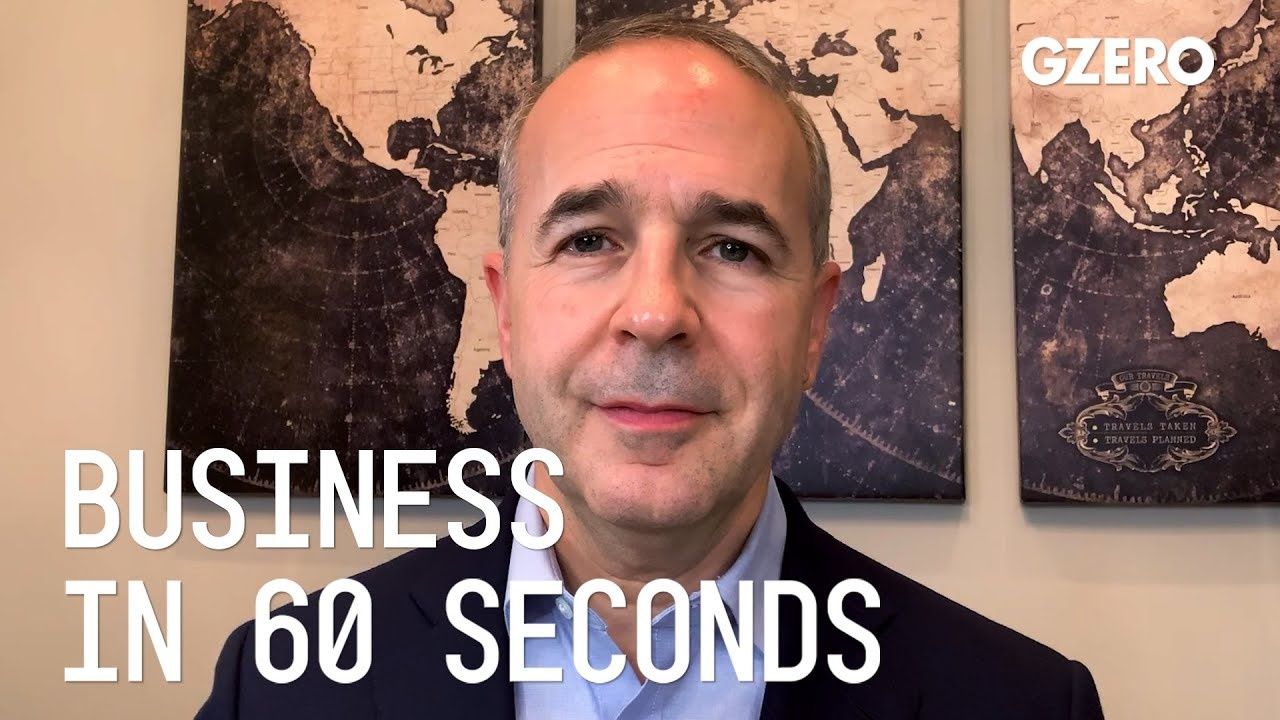
Kevin Sneader, Global Managing Partner at McKinsey, shares his perspective on corporate business leadership on Business In 60 Seconds:
How can technology be a force for good?
Well, we've been living through a pandemic where in many ways, technology has come to the rescue. Imagine how society, business, and communities would have fared if technology had not been up to the challenge that we've all been facing. In health, artificial intelligence is accelerating the development of vaccines. Analytics are providing us new ways to set about all tasks that confront us in this next normal. Education, while remote schooling is far from perfect, but it has helped millions of children get an education when otherwise they would have not been able to gain one. And even in inclusion, technology has enabled flexibility for those desperately in need of it, when they cannot go to the office, they cannot go to the manufacturing facility. And in the environments case, emissions have been reduced by applying technology to bring people together, where airlines no longer travel. So, the challenge now, how to bridge the divide between those who have access to technology and those who do not. That is really the challenge and one to which I will return, because the answer to the question of can technology be a force for good has been resoundingly answered. The question now is how to ensure everyone has access to it.